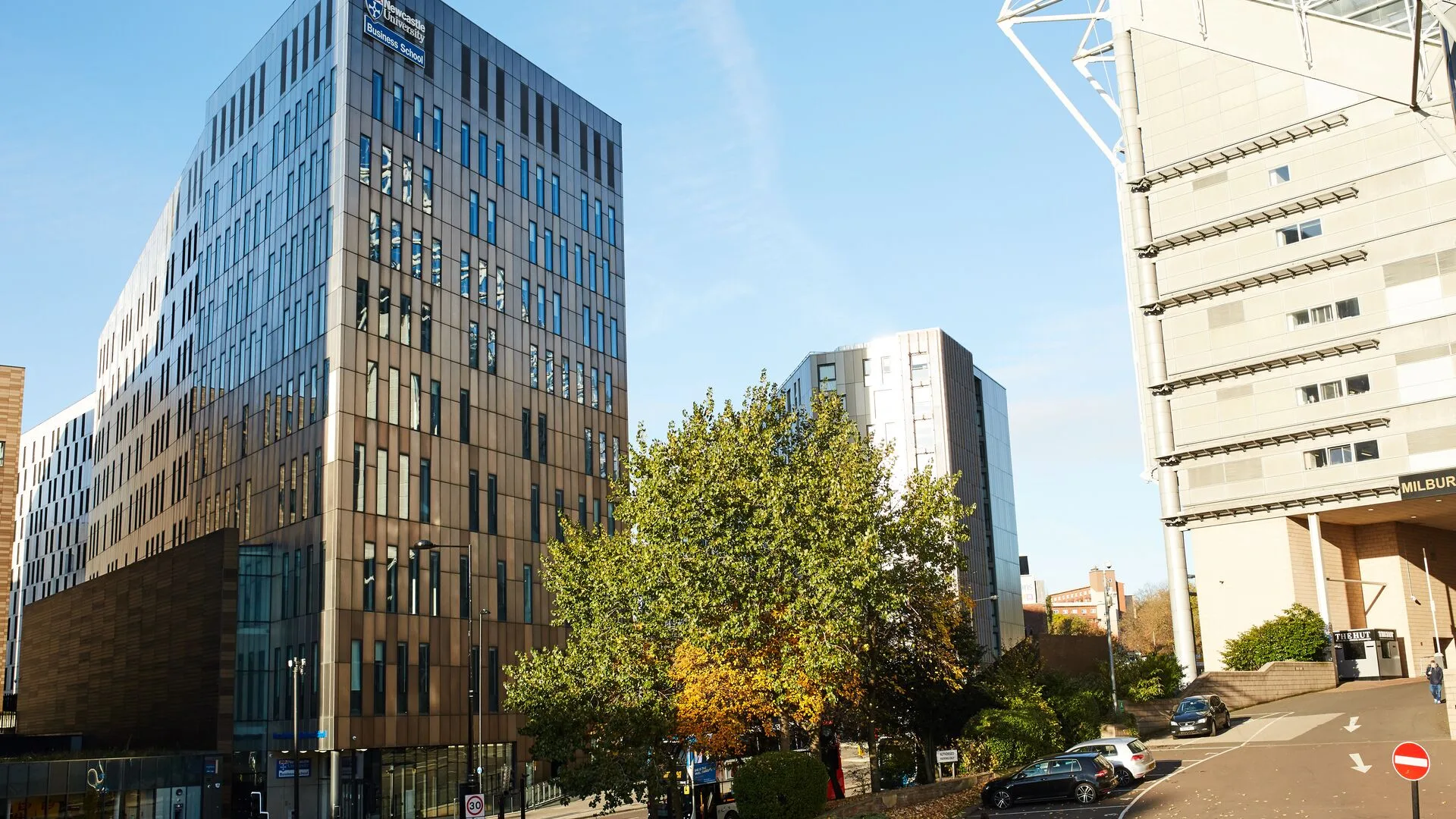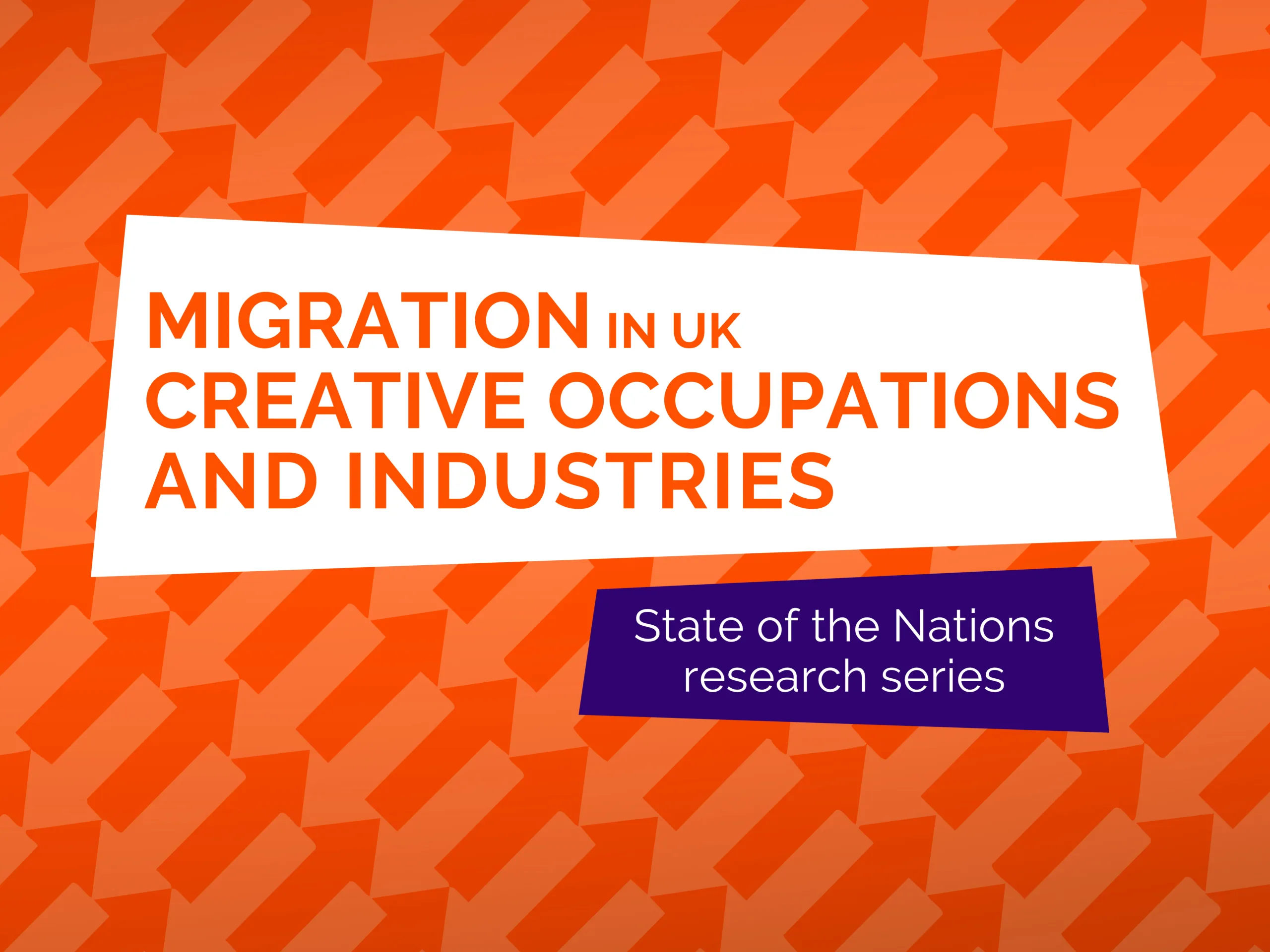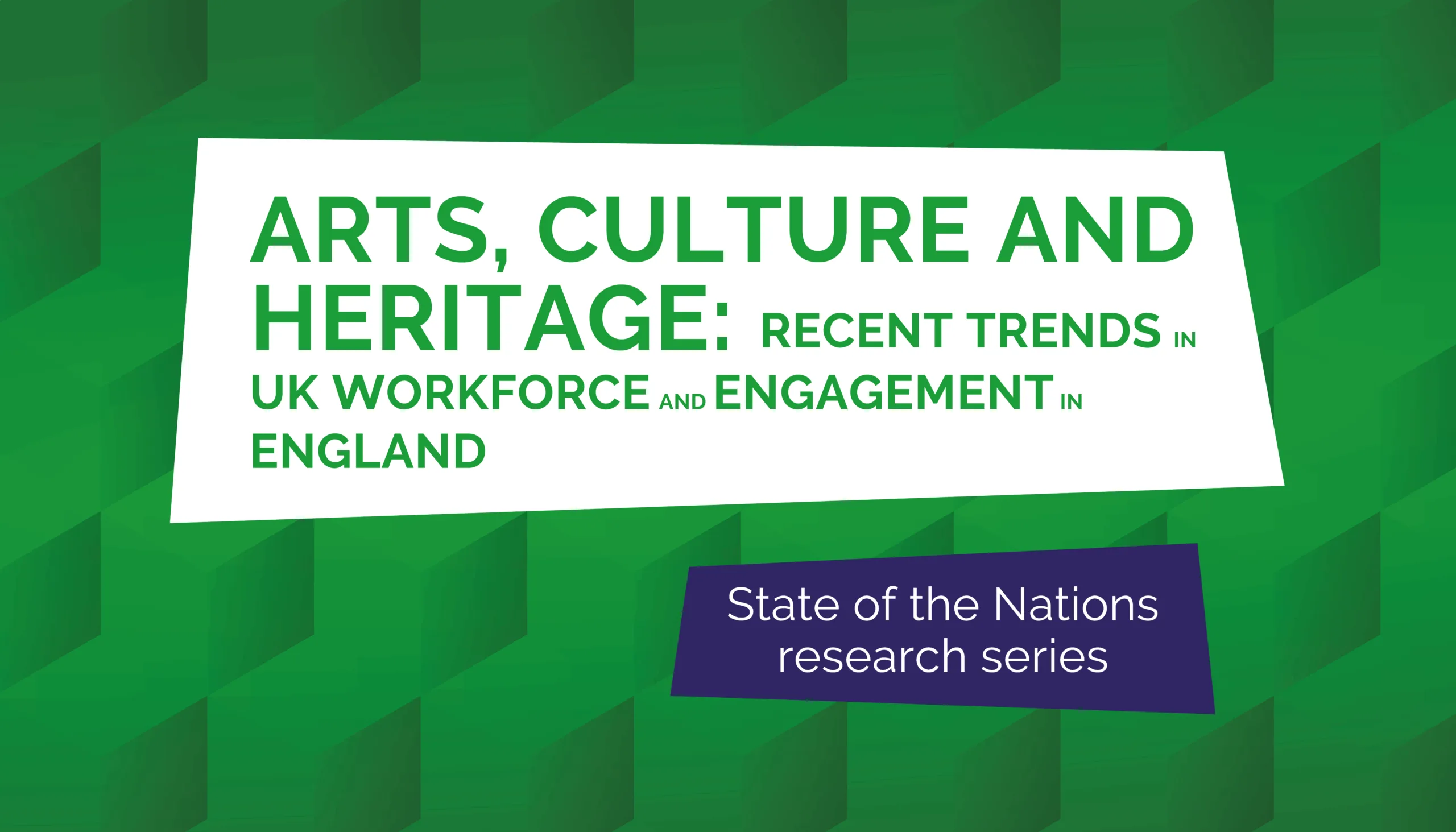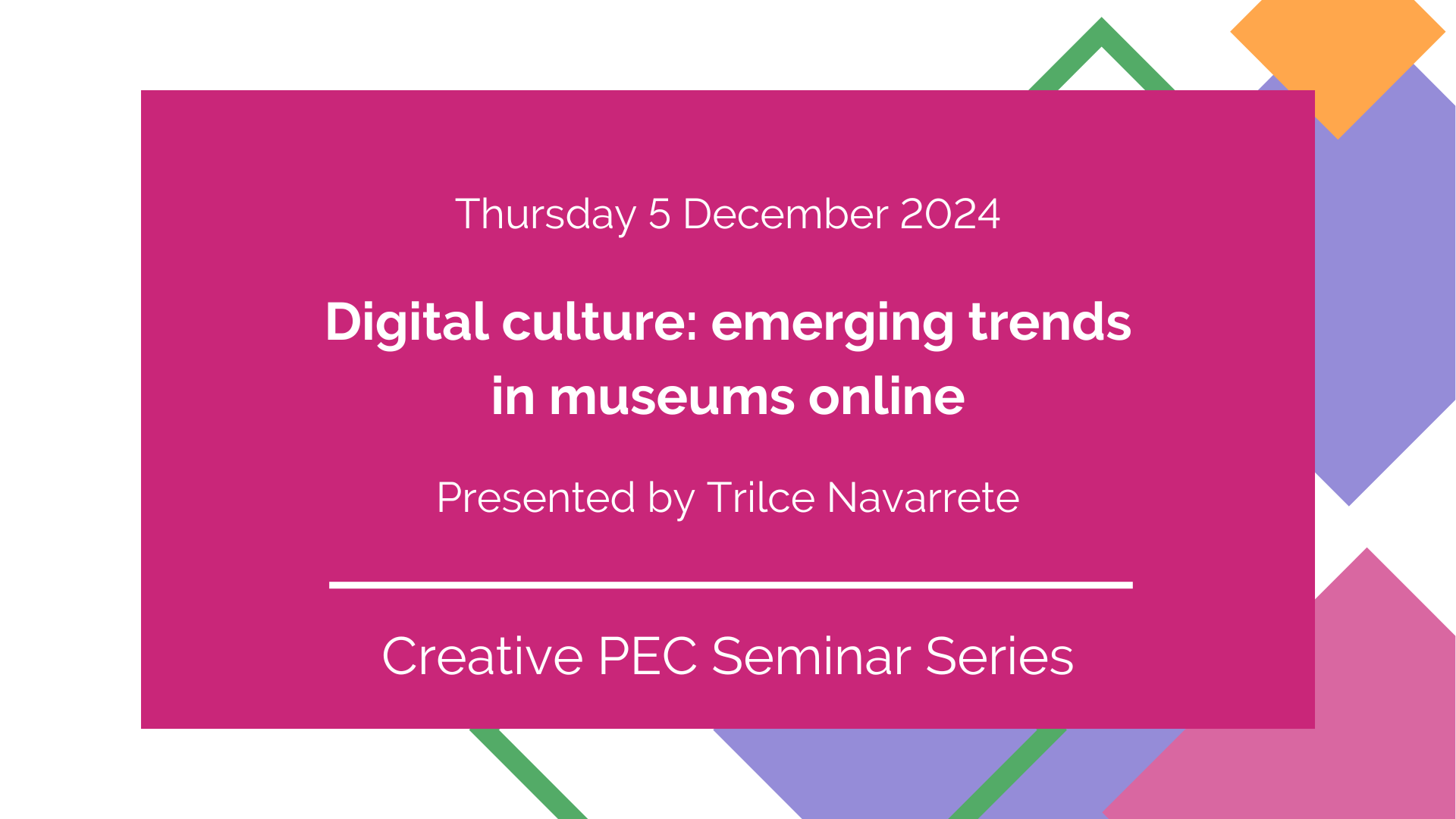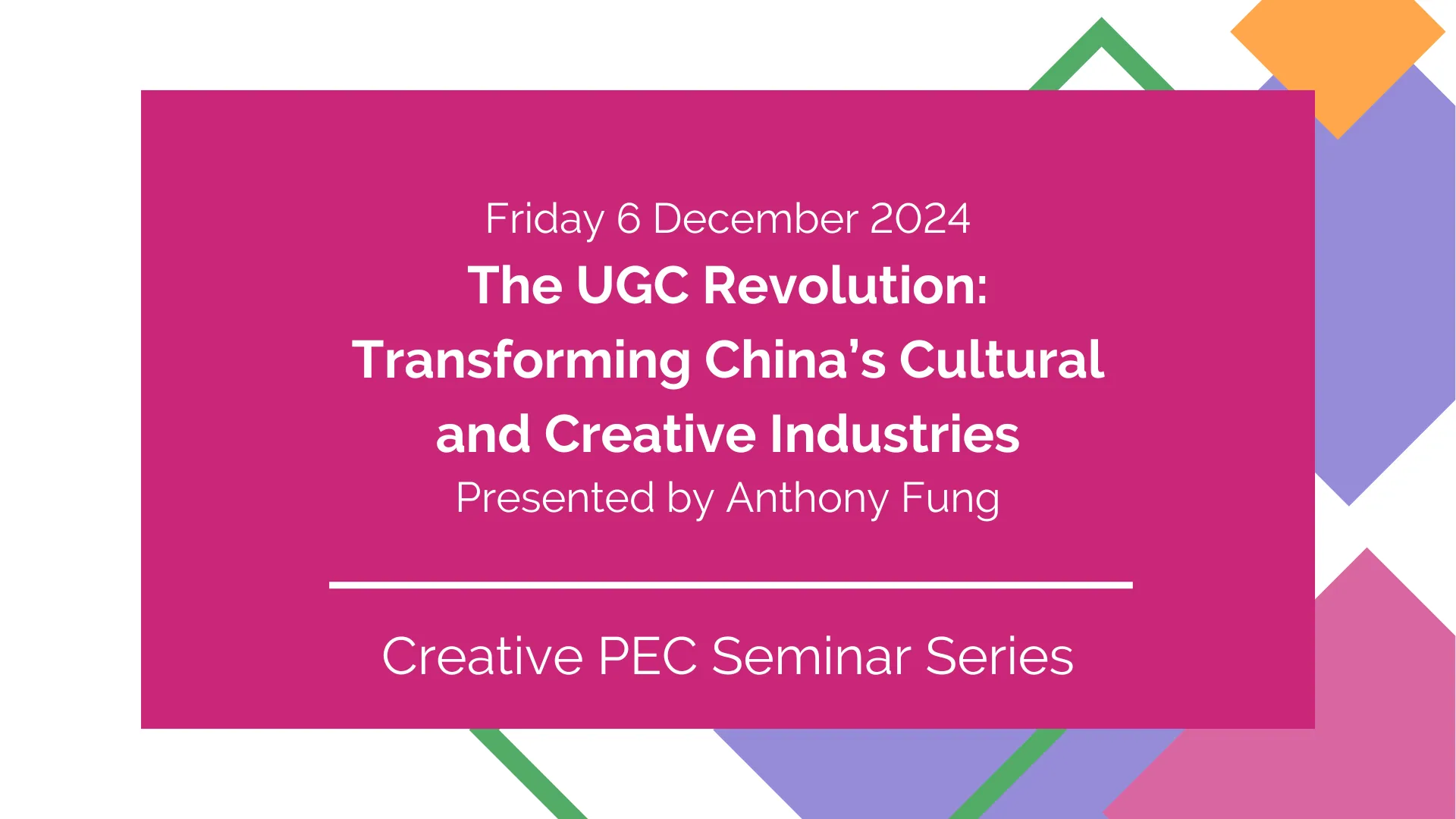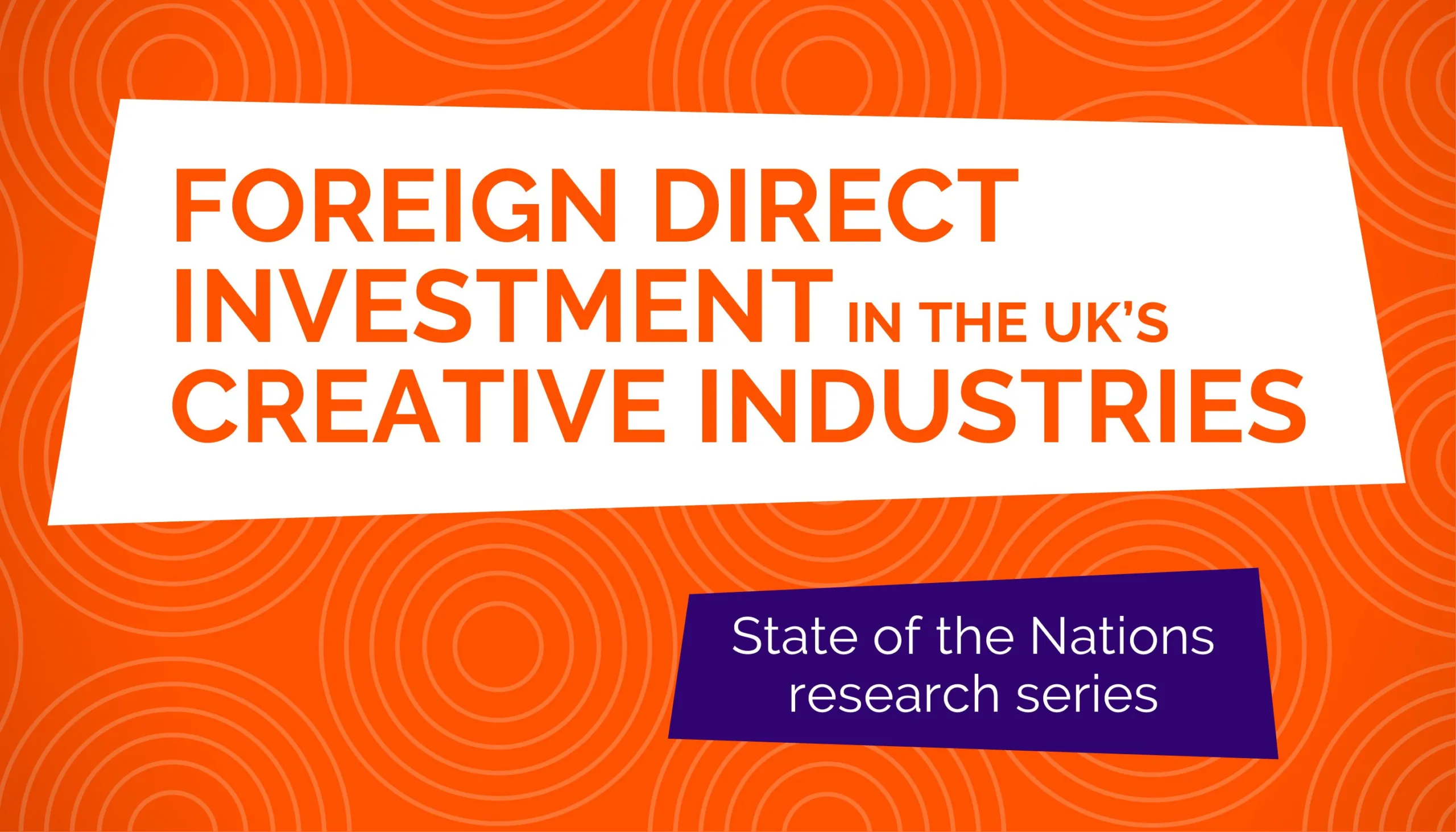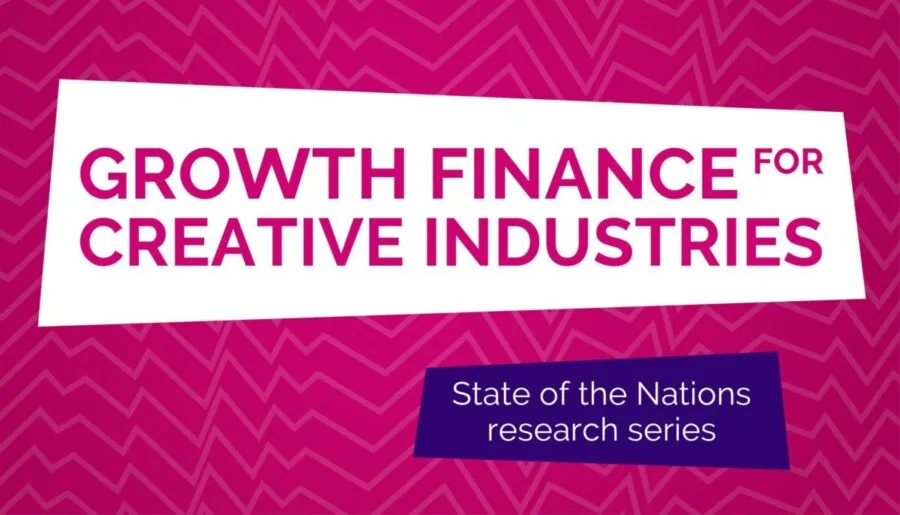Full programme
- 14:00-14:05: Welcome from Dr Roberta Comunian (King’s College London)
- 14:05-14:30: “They think I don’t know anything”: race, gender and perceptions of expertise in crafts
Dr Karen Patel (Birmingham City University).
This paper discusses the politics of craft value and how it is communicated and recognised. Drawing on interviews with women makers of colour in the UK, the paper explores how getting their craft skills recognised and valued as expertise is a challenge which hinders their ability to establish a full-time career in craft. The paper argues that this is linked to how the craft practice of marginalised groups has traditionally been denigrated or omitted from accounts of craft processes within the creative economy.
- 14:30-14:55: Getting in and getting on: class, participation and job quality in the UK creative industries
Heather Carey and Rebecca Florisson (PEC researchers from the Work Foundation).
This new research from the PEC explores the participation, retention and progression of those of different class origin within the creative industries. Additionally, the study looks at the impact of intersections of social class origin with ethnicity, gender, and disability. Preliminary findings identify persistent class imbalances in creative occupations. Further, the research shows that individuals with a working class background are less likely to be in managerial positions, to have supervisory responsibility and to have participated in training than their middle and upper class peers.
- 14:55-15:30: “I was the only …”: an intersectional analysis of social mobility into cultural and creative occupations
Dr Dave O’Brien (PEC researcher from University of Edinburgh)
We know social mobility is a major issue for cultural and creative industries. Drawing on material from the new book Culture Is Bad For You, this paper offers an intersectional analysis of how class, race, and gender come together to shape the career trajectories of creative workers. In doing so it explains both the patterns of inequality in the workforce analysed by Carey et al (2020) and the failure of diversity programmes and policies to change the workforce.
Past Events
Creative Industries Policy and Evidence Centre Research Symposium 2026
28 – 29 April 2026, Newcastle University Business School
Mapping Qualifications in the Creative Economy
9 October 2025: Join us for an update to the Creative Trident model of creative employment that inco…
State of the Nations Report Launch: Migration in UK Creative Occupations and Industries
Tuesday 10 June 2025 | 12-1pm (GMT) | Online Event
State of the Nations Report Launch: Arts, Culture and Heritage: Recent Trends in UK Workforce and Engagement in England
Report launch for our State of the Nations series On Wednesday 7 May 2025 we launched our new State …
Seminar Series: Digital Culture: Emerging trends in museums online
Thursday 5th December 2024 | 15:00 GMT Hear from Professor Trilce Navarrete who will discuss her on…
Seminar Series: The UGC Revolution: Transforming China’s Cultural and Creative Industries
Friday 6 December 2024 | 14:00 GMT Anthony Fung's presentation explores the concept of "digital lab…
State of the Nations Report launch: Foreign Direct Investment in the UK’s Creative Industries
Wednesday 20 November 2024 | 12noon | Online via Zoom. Join us for the launch of the next report in…
State of the Nations Report launch: Growth Finance for Creative Industries
Wednesday 16th October 2024 | 12noon | Online via Zoom. Join us for the launch of our fifth report …

